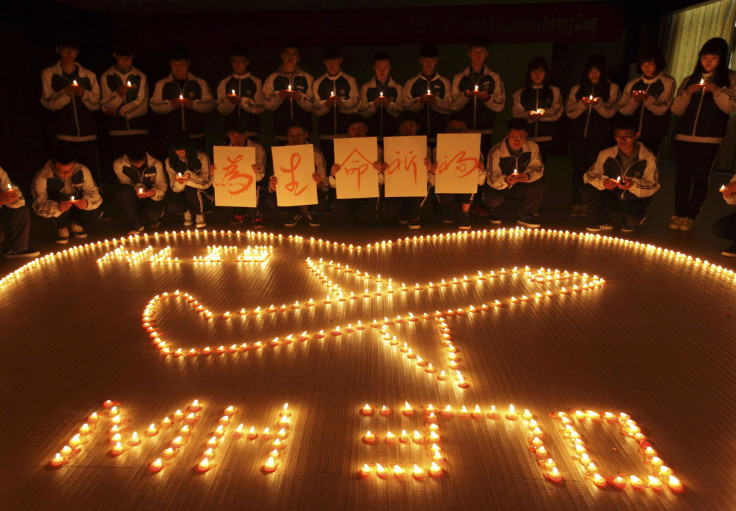Malaysian Airlines Tragedy Speeds Up Timeline For Extended-Life Black Boxes

The fruitless search for Malaysian Airlines Flight MH370 has led the European Aviation Safety Agency to expedite new legislation for aircraft "black box" technology.
The technology already exists to extend black box lifespans from 30 to 90 days, and the new boxes were scheduled to be introduced in 2020. Now EASA wants to shave off two years from the timeline and put the longer-lived boxes in place in 2018. The agency also wants the emergency locator beacons to have a greater range so search crews can find them more easily.
"The proposed changes are expected to increase safety by facilitating the recovery of information by safety investigation authorities," EASA Executive Director Patrick Ky told the Wall Street Journal. "The tragic flight of Malaysia Airlines MH370 demonstrates that safety can never be taken for granted."
Search crews have been looking for the wreckage of the Boeing-built 777-200ER aircraft since it disappeared en route to Beijing from Kuala Lampur on March 8 with 239 people aboard. The two-month search was hindered by repeated breakdowns in communications and coordination between companies and countries. Those hindrances wasted valuable time as the black box ran out of power over 30 days.
It's not yet clear how this new European aviation rule will affect aircraft registered in countries outside of Europe, but it's likely that any safety feature implemented by the European agency will be duplicated by the Federal Aviation Administration.
The Cologne-based EASA also wants any aircraft that flies more than 180 nautical miles over water to have an additional beacon installed that will transmit on a different frequency with a greater detection range. Its goal is to have this new technology installed on aircraft by 2019, allowing planes to be tracked within six miles of their last known location.
In addition, the agency wants cockpit recorders to have the ability to record 20 hours of conversation rather than the current two hours.
© Copyright IBTimes 2024. All rights reserved.












